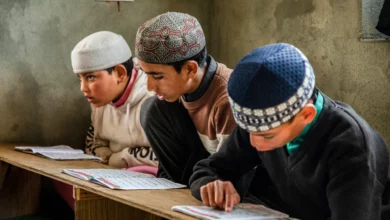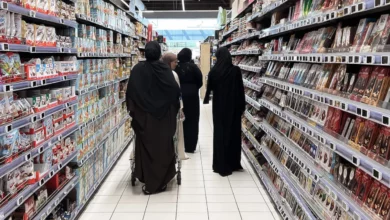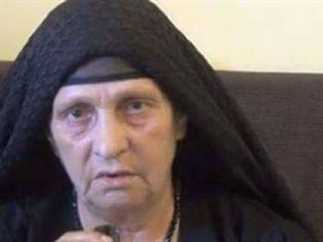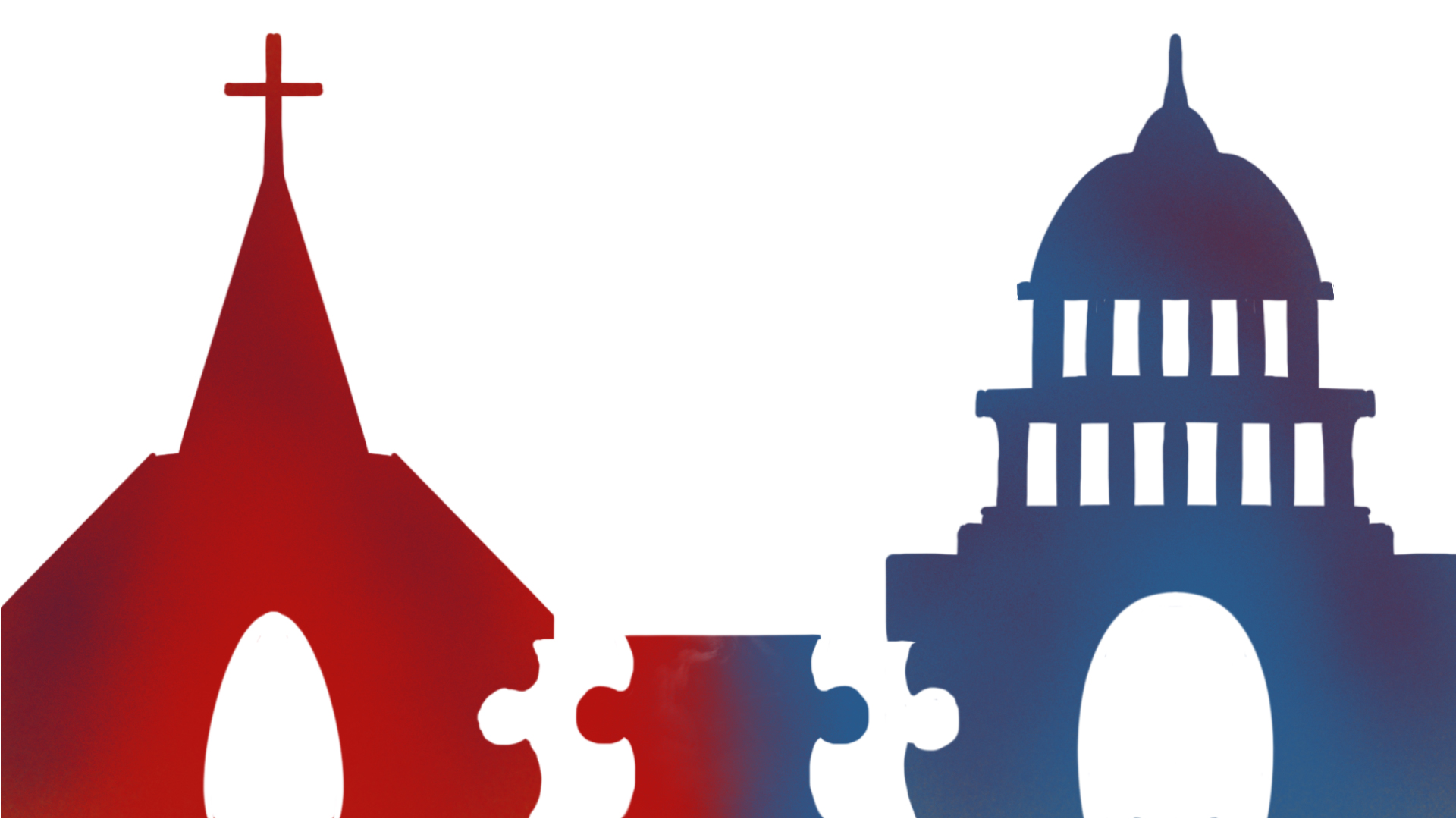Lacking a clear political agenda and cohesive organizational structures, secular Egyptian activists on Monday announced the establishment of a special committee to campaign against what they perceive as the State’s failure in fighting rising violence targeting Egypt’s Christian minority.
“Egypt has recently witnessed an unprecedented escalation of sectarian violence against peaceful citizens based on their Christian identity,” the National Committee for Combating Sectarian Violence (NCCSV) said in a statement.
Twenty-two rights groups, four tiny liberal and leftist political parties, and 61 public figures have signed the founding document of the NCCSV.
In the statement, the NCCSV condemned “State’s officials for remaining silent about [recent sectarian clashes]”, rendering the government’s position as “bestowing a kind of endorsement and support” for perpetrators of sectarian violence.
“Neither President Hosni Mubarak, nor Prime Minister Ahmed Nazif have ever addressed the concerns of Christians regarding the repeated assaults on them,” said Emad Attayia, a prominent leftist activist and NCCSV’s spokesperson during a press conference yesterday. He added that “denying the existence of sectarian tensions could only perpetuate them.”
According to the NCCSV, Egypt’s security apparatuses must assume the largest share of blame for failing to address the growing tide of violence against Christian minorities.
“In sectarian-related incidents, security forces have always absconded from the crime scenes, thus allowing burning and looting of properties owned by Egyptian Christians,” the statement said.
The statement also blames the judicial authorities for failing to reduce sectarian tension in the country where Christians comprise nearly eight per cent of Egypt’s 80 million people.
“Not a single perpetrator has been admitted to courts,” the statement said.
On Saturday, an appeal court in Upper Egypt released 14 people who were detained on charges of “rioting and breaking the public order” following attacks on Christian-owned shops on November 21 in the southern village of Farshout, Qena.
Riots reportedly erupted after a Christian man was held on suspicion of raping a 12-year-old Muslim girl.
Activists also said that extrajudicial “reconciliation sessions” that are usually brokered by the ruling National Democratic Party (NDP) and municipal authorities to resolve sectarian clashes remain “problematic and unjust practices.”
“In principle, these reconciliation sessions could be good venues for calming down heightened emotions, but the way they have been carried out make them inefficient,” said Hossam Bahgat, director of the Egyptian Initiative for Personal Rights (EIPR).
Security officers, according to Bahgat, usually coerce all parties involved in a sectarian dispute to reconcile, threatening the hesitant side with all forms of punishment such as arrest and deportation.
He also added that these sessions lack a mechanism for paying compensations , a measure which could offer strong guarantees against the recurrence of these incidents.
According to EIPR’s reports, religious violence took a more aggressive form in 2009, both in terms of intensity and geographical scope.
During the period from April to June 2009, EIPR has recorded five deaths as a result of sectarian clashes in different parts of Egypt.
Members of the NCCSV, however, seem clueless about the most efficient political tools needed to pressure the government into taking a tougher stance in combating religious violence.
“We will stage a sit-in in front of the office of the prosecutor- general next Saturday to raise awareness about sectarian tensions,” said Attayia. He added that the NCCSV is currently discussing the formation of a legal committee to defend the victims of sectarian clashes.
The group remains, however, unresolved regarding the best approach to employ in tackling the campaign’s objectives.
“We are not settled yet with regards the structure of the NCCSV, its funding sources, and its strategies and tactics,” said Bahgat. Attayia also admits “that there was an element of rush in the preparatory sessions before announcing the foundation of the committee.”
Asked whether the NCCSV had invited members from the NDP to join their efforts, Attayia said that they are still debating this idea. Nevertheless, he stressed that combating sectarian violence “is an issue that must transcend the government-opposition divide.”
“Even if we loose the court battles or the argument within the political sphere, we will be successful if we can manage to overcome the state of all-encompassing denial surrounding the issue,” Attayia concludes.




